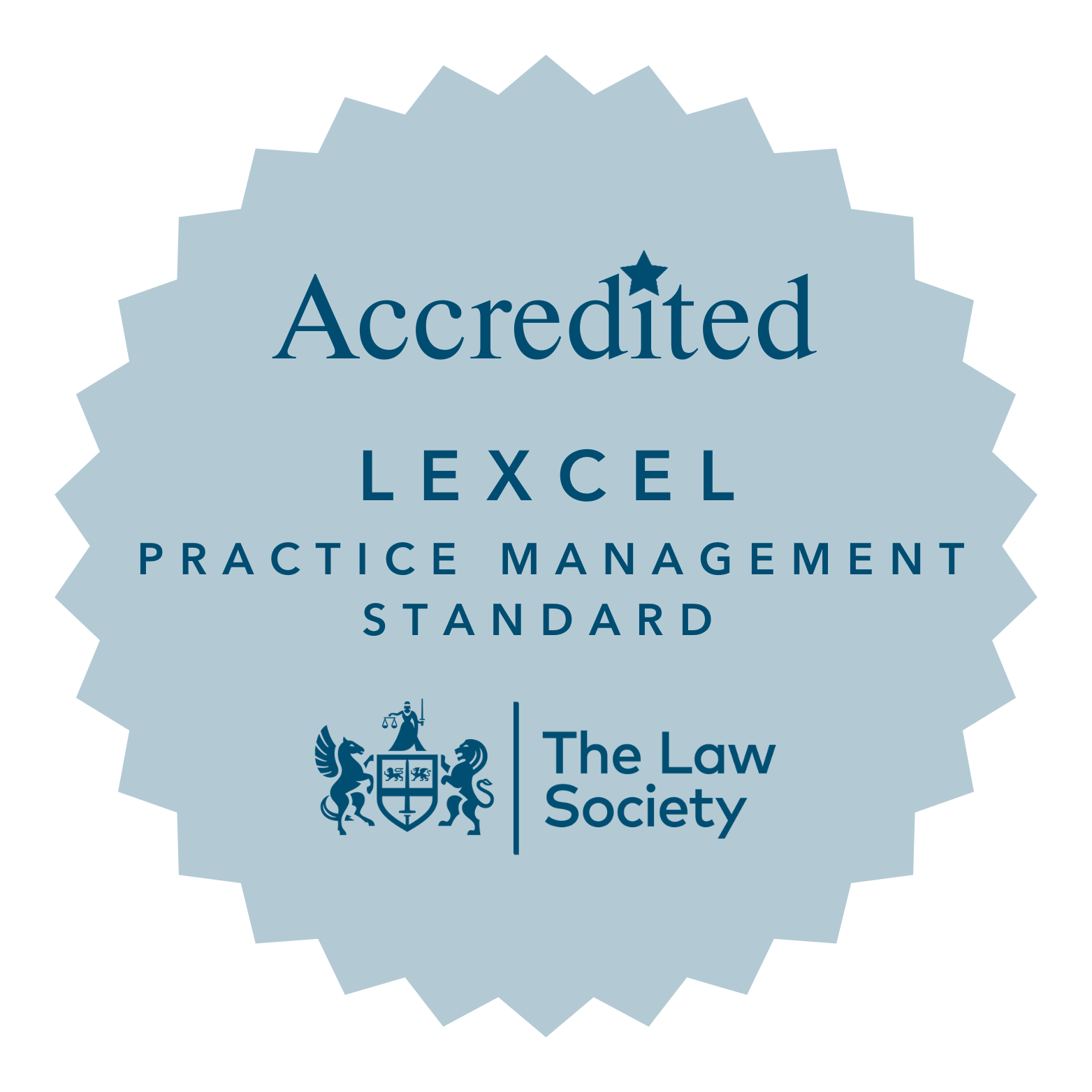Court of Protection – What Is Mental Capacity?

Key Points:
- Mental capacity refers to the ability to make a specific decision at a specific time.
- It is assessed under the Mental Capacity Act 2005 using a two-stage test.
- Capacity is decision-specific and time-specific; a person may lack capacity for one decision but not others.
- Everyone is presumed to have capacity unless proven otherwise.
- The Court of Protection makes decisions on health, welfare, and property matters for people who lack capacity.
- Legal professionals, carers, and family members must follow the Act’s five statutory principles.
- A capacity assessment must be thorough, objective, and based on evidence, not assumptions.
Introduction:
In everyday life, we all make decisions – what to eat, where to live, whether to accept medical treatment. Most of us take this ability for granted. But what happens when someone may no longer be able to make those decisions for themselves? Whether due to illness, injury, or cognitive decline, the law has clear rules for when a person cannot decide for themselves, and it all begins with understanding mental capacity.
Mental capacity is not a vague or abstract idea. In English law, it has a specific meaning, a legal test, and wide-reaching implications. It determines whether a person can make their own choices – or whether others may need to step in. In many cases, this involves the Court of Protection, a specialist court with the authority to make decisions for people who lack capacity.
In this article, we’ll explore what mental capacity really means, how it is assessed under the Mental Capacity Act 2005, and what practical steps are taken when capacity is in question.
What Does Mental Capacity Mean?
Under the Mental Capacity Act 2005 (MCA), mental capacity means the ability to make a specific decision at the time it needs to be made. It is not a general label applied to someone based on their diagnosis or circumstances. The law is very clear: capacity is both decision-specific and time-specific.
A person may have the capacity to decide what to wear or eat, but not to manage their financial affairs or consent to complex medical treatment. Likewise, capacity can fluctuate. Someone with a mental health condition or dementia may be unable to make a decision during a period of illness or distress, but capable again at a later time.
This legal framework ensures that people are not unnecessarily stripped of autonomy, and that help is only given where truly needed.
The Two-Stage Test for Mental Capacity
The Mental Capacity Act sets out a clear two-stage test to determine whether a person lacks capacity:
Stage 1: Is there an impairment of, or disturbance in, the functioning of the mind or brain?
This could result from a wide range of conditions, including:
- Dementia
- Brain injury
- Stroke
- Learning disability
- Mental illness
- Temporary factors such as intoxication or medication effects
The impairment or disturbance does not need to be permanent or severe.
Stage 2: Does the impairment mean the person is unable to make a specific decision when it needs to be made?
To answer this, the person must be unable to do at least one of the following:
- Understand the information relevant to the decision
- Retain that information long enough to make a choice
- Use or weigh that information as part of the decision-making process
- Communicate their decision (by any means, including speech, gestures or writing)
All four abilities are essential. If a person lacks any one of them, they are considered unable to make the decision in question.
Presumption of Capacity and the Five Statutory Principles
A cornerstone of the MCA is the presumption of capacity. Everyone is assumed to be capable of making their own decisions unless there is evidence to the contrary.
Alongside this, the MCA outlines five key principles that must guide all actions and decisions under the Act:
- Presume capacity unless proven otherwise.
- Support individuals to make their own decisions as far as possible.
- Don’t treat someone as lacking capacity just because they make an unwise decision.
- Always act in the person’s best interests if they lack capacity.
- Choose the least restrictive option when making decisions on their behalf.
These principles form the legal and ethical foundation of all capacity assessments and decisions by the Court of Protection.
How Is Capacity Assessed in Practice?
Capacity must be assessed on a case-by-case basis. It cannot be assumed based on age, disability, or diagnosis alone. The assessment should be carried out by someone with relevant experience – often a doctor, social worker, or solicitor – depending on the nature of the decision.
An effective capacity assessment will:
- Explain the decision and its consequences in clear, simple terms
- Explore whether the person can understand and retain the relevant information
- Encourage the person to express their views in their own time and preferred way
- Consider any aids to communication (e.g. interpreters or visual tools)
Importantly, the assessor must document the process and reasoning carefully. In Court of Protection proceedings, this documentation is often key.
What Happens If Someone Lacks Capacity?
If a person is found to lack capacity to make a decision, someone else may make that decision on their behalf. This can include:
- Attorneys under a Lasting Power of Attorney (LPA) – if the person appointed someone before losing capacity
- Deputies appointed by the Court of Protection – if no LPA exists
- Healthcare professionals or carers – making day-to-day decisions in the person’s best interests
For more significant matters – such as selling a home, consenting to life-sustaining treatment, or dealing with large financial assets – the Court of Protection may be asked to intervene directly.
The Role of the Court of Protection
The Court of Protection deals exclusively with decisions affecting people who lack capacity. It can:
- Appoint deputies to manage a person’s property, financial affairs, or welfare
- Make one-off decisions, such as authorising a move to a care home or approving a medical treatment
- Settle disputes between family members, local authorities, or professionals about what’s in a person’s best interests
- Rule on whether a person lacks capacity, based on expert evidence
- Hear cases involving deprivation of liberty safeguards (DoLS)
The Court always places the person’s rights, welfare, and dignity at the heart of its decision-making.
Common Misunderstandings About Mental Capacity
Many misconceptions persist around mental capacity. Some of the most common include:
- “They have dementia, so they can’t make any decisions.” Not true – capacity must be assessed for each decision at each point in time.
- “They made a foolish choice, so they must lack capacity.” Wrong – people are allowed to make unwise decisions if they understand the risks.
- “Only doctors can assess capacity.” Not necessarily – any professional with appropriate knowledge of the decision in question may do so.
These misunderstandings can lead to unnecessary interference or neglect of a person’s autonomy. Clarity about what the law actually says is essential.
Concluding comments
Mental capacity isn’t just a legal issue. It’s about dignity, respect, and the right to make choices – even when those choices carry risk.
In practice, applying the Mental Capacity Act well requires more than ticking boxes. It involves listening carefully, communicating clearly, and taking the time to understand the person’s values and preferences. The aim should always be to support individuals to remain in control of their lives for as long as possible. This can involve a shift in mindset – from protection alone, to empowerment wherever possible. Capacity is not something that people lose overnight. It can often be supported, strengthened, or regained.
The Court of Protection provides a safety net – but ideally, it’s a last resort. The real work happens before the courtroom: in the conversations, assessments, and thoughtful decisions that honour a person’s rights, even when they are at their most vulnerable.
If you have any questions regarding this article, please call our office today on 02476 231000 or email enquiries@askewslegal.co









